Brand Processor AMD EPYC 7F32 7F52 7F72 3.70GHz 8Core Processor 4TB 128M Cach 180W 3200MT/s
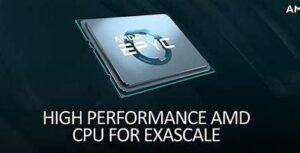
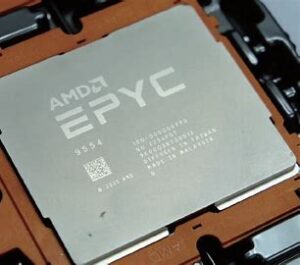
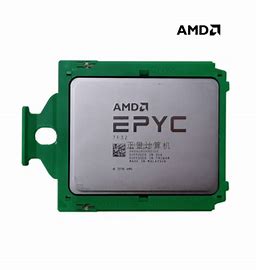
Here is a comparison table for the AMD EPYC 7F32, EPYC 7F52, and EPYC 7F72 processors:
| Specification | EPYC 7F32 | EPYC 7F52 | EPYC 7F72 |
|---|---|---|---|
| Launch Year | 2020 | 2020 | 2020 |
| Architecture | Zen 2 (7nm) | Zen 2 (7nm) | Zen 2 (7nm) |
| Cores / Threads | 8 / 16 | 16 / 32 | 24 / 48 |
| Base Clock (GHz) | 3.7 | 3.5 | 3.2 |
| Boost Clock (GHz) | 3.9 | 3.9 | 3.7 |
| L3 Cache (MB) | 128 | 128 | 128 |
| TDP (Watts) | 180W | 240W | 240W |
| PCIe 4.0 Lanes | 128 | 128 | 128 |
| Memory Support | 8-channel DDR4-3200 | 8-channel DDR4-3200 | 8-channel DDR4-3200 |
| Max Memory (TB) | 4 | 4 | 4 |
| Socket | SP3 | SP3 | SP3 |
| Security Features | SEV, SME, Secure Boot | SEV, SME, Secure Boot | SEV, SME, Secure Boot |
| Target Use Case | High-frequency workloads | Balanced performance | High core count & multi-thr |
1. AMD EPYC 7F32
The EPYC 7F32 is an 8-core, 16-thread processor based on AMD’s Zen 2 architecture, designed for high-frequency workloads where single-threaded performance is critical. With a high base clock of 3.7 GHz and a boost up to 3.9 GHz, it excels in latency-sensitive applications like gaming servers, real-time analytics, and high-performance databases. Despite having fewer cores than other 7F-series models, it features a large 128MB L3 cache and maintains a 180W TDP, making it efficient for its performance class. It supports 8-channel DDR4-3200 memory and 128 PCIe 4.0 lanes, ensuring excellent I/O bandwidth for storage and networking.
Best for:
-
High-frequency computing
-
Gaming servers & real-time applications
-
Low-latency database workloads
2. AMD EPYC 7F52
The EPYC 7F52 is a 16-core, 32-thread processor that balances core count and clock speeds, making it ideal for mixed workloads. With a 3.5 GHz base clock and 3.9 GHz boost, it delivers strong performance in virtualization, cloud computing, and enterprise applications. Like other 7F-series chips, it includes 128MB of L3 cache and supports 8-channel DDR4-3200 memory with 128 PCIe 4.0 lanes. Its 240W TDP reflects its higher core count, but it remains power-efficient for its performance tier.
Best for:
-
Virtualized environments (VMware, Hyper-V)
-
Enterprise applications & cloud workloads
-
Mid-range databases and analytics
3. AMD EPYC 7F72
The EPYC 7F72 is a 24-core, 48-thread processor optimized for highly threaded workloads, such as rendering, scientific computing, and large-scale virtualization. While its base clock is lower (3.2 GHz) compared to the 7F32 and 7F52, it compensates with higher core density and a 128MB L3 cache, making it ideal for parallel processing tasks. It shares the same 128 PCIe 4.0 lanes and 8-channel DDR4-3200 memory support as the rest of the 7F-series, but with a 240W TDP, it requires robust cooling for sustained multi-threaded workloads.
Best for:
-
High-core-count applications (HPC, rendering)
-
Large-scale virtualization & containerization
-
Scientific simulations & big data processing
Summary
-
7F32 → Best for high clock speeds, low-latency tasks.
-
7F52 → Balanced core count & frequency, ideal for virtualization.
-
7F72 → Maximizes multi-threaded performance for HPC and rendering.
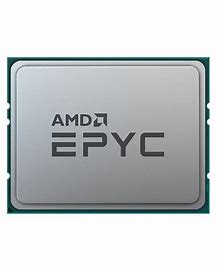
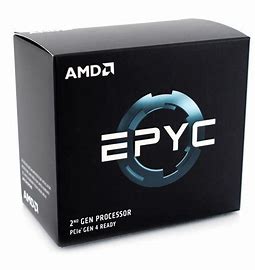
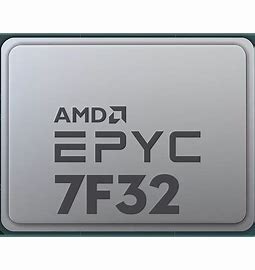
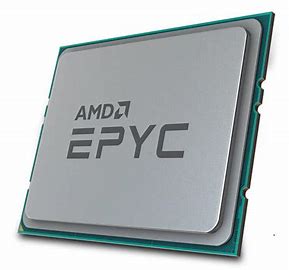
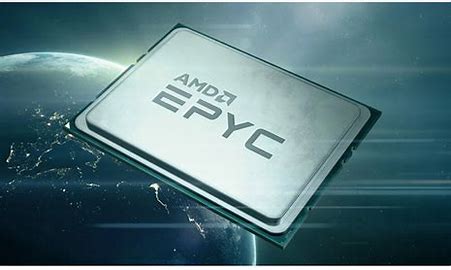
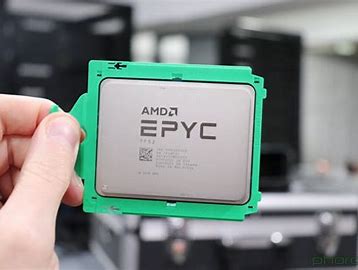
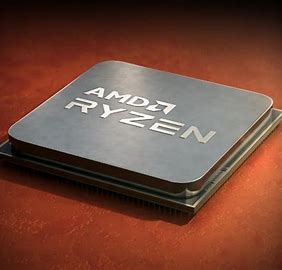



Reviews
There are no reviews yet.